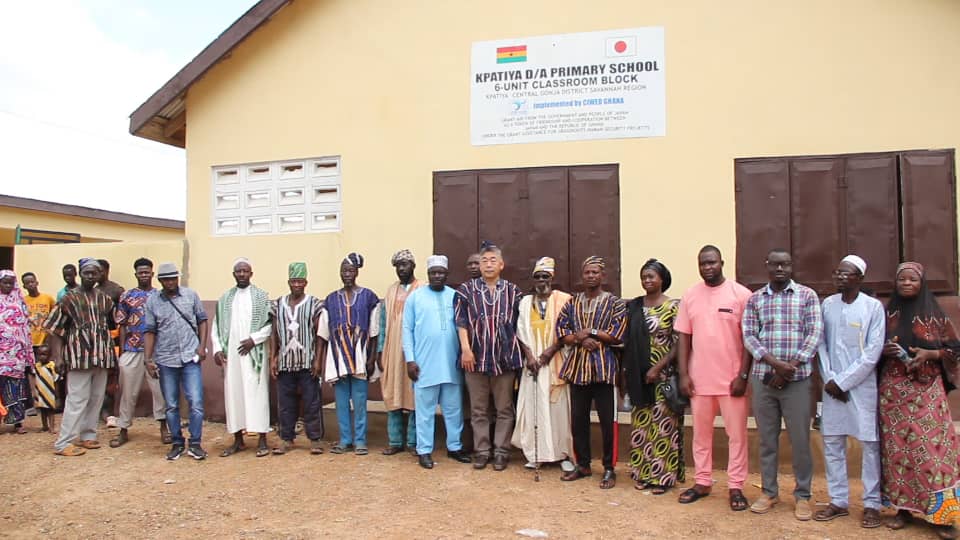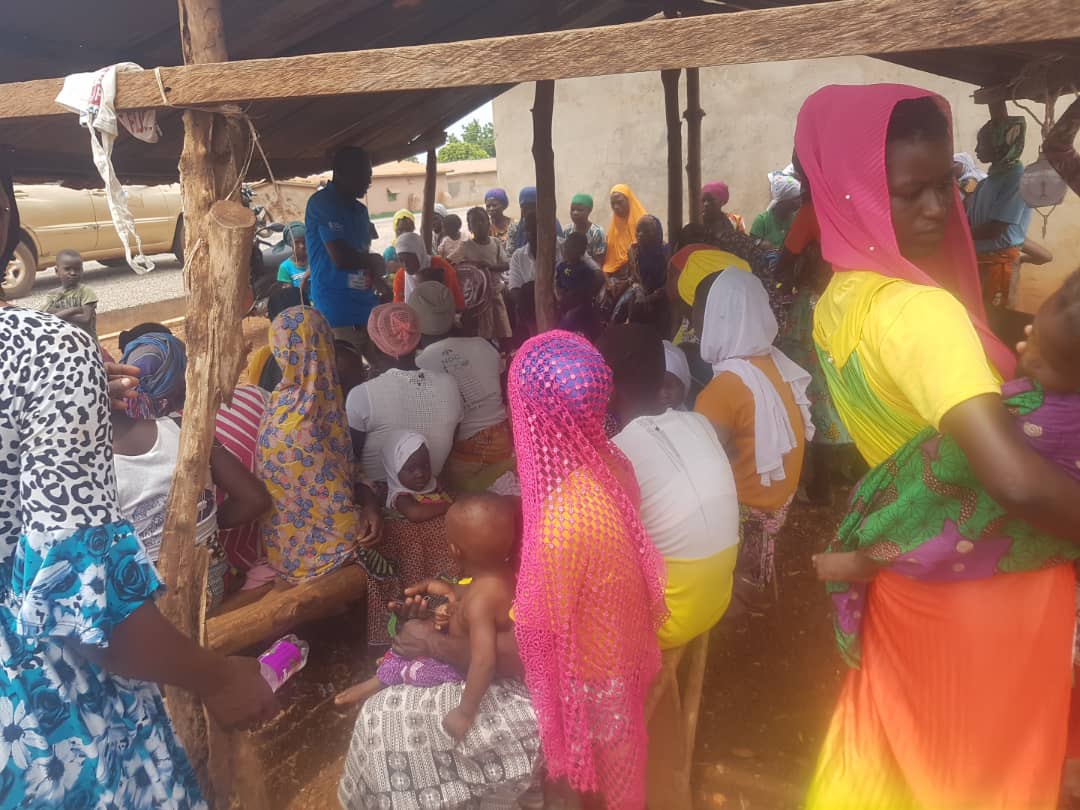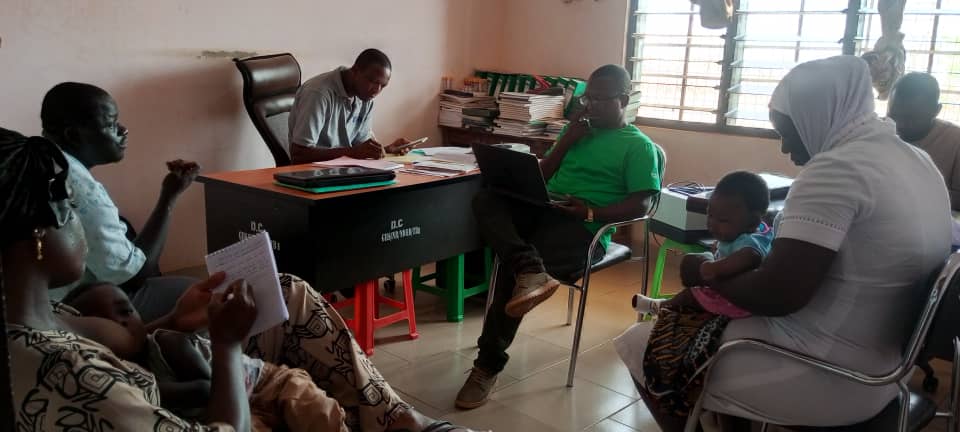On May 7, 2024, CIWED Ghana organized a durbar at the Ngdigu community to discuss critical health topics related to immunization for children under five. The event covered several key areas, including:
- Health education
- Importance of immunization
- Growth monitoring
- Side effects following immunization and their management
During the durbar, community members and caregivers were educated on the significance of immunization, child growth and development, and managing potential side effects following immunization. The session emphasized that immunization schedules extend beyond the 14-week mark, noting that the measles-rubella vaccine (MR1) and the yellow fever vaccine are administered at 9 months, while the second dose of the measles-rubella vaccine (MR2) and the meningococcal A vaccine are given at 18 months. Additionally, Vitamin A supplementation continues until the child reaches 5 years of age.
The discussions highlighted the importance of complete immunization in preventing diseases such as diphtheria, pertussis, tetanus, Haemophilus influenzae type B, measles, yellow fever, and meningitis.
Community members and caregivers had the opportunity to ask questions, which were addressed comprehensively. Demonstrations were provided on managing post-immunization fever in children, including the technique of tepid sponging.
In his submission, the Executive Director of CIWED Ghana, Mr. Baako Abdul-Fatawu, emphasized that mothers should adhere to their postnatal schedules and not overlook them, as this has direct and significant consequences for both children and mothers. He also indicated that the facilities and health staff are there to support the community, and urged the attendees to actively engage with health issues affecting them and their children to ensure good health and growth for future leaders of the nation.
The durbar proved to be an informative and engaging session for all participants.



